Hello, I am Foxy, always thinking and weighing things up. True to all vixens I have a sharp mind and an agile personality, always passionate and curious. Together we can harness these canine qualities to ponder what it means to be human in 2021. With the endless battering of the mainstream media and wild ideas emitting from every direction I’ve decided to lead you through a series of articles written by curious, free-thinking human beings who challenge, inspire and guide us in this topsy turvy world. From exploring perspectives on life and death to fearlessly questioning current messages around the covid situation and even exploring weird and wacky ways to live today, together we can sniff out the truth and re-write the current narrative.
What does it Mean to be Human?

Being Human in 2021
by Kilsi Green
What does it mean to be human now? And how do we choose to live? These are simple questions, but right now these questions could send us down a rabbit hole or perhaps lead us no place at all.
For centuries, wise men, poets, philosophers, scientists and artists have all tried to capture the vastness of human experience with varying success.
In moments of existential panic we think 'I need a wise woman, guru, best mate, some-one to help me out of this!' However, you can be your own wise person if you ask the right questions, sharpen your instincts and simply look around you.
No-one has come close to describing the sheer wonder of being alive. We all want to be fully human and we deserve to be happy, so perhaps now it is time to journey across the world and rewind the clock to remember…
Meet the Happiest Tribe in the World
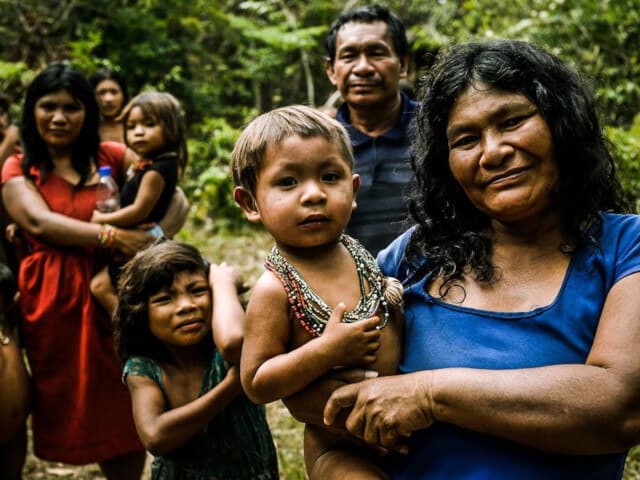
Meet the Amazon’s Pirahã people. Some say that they are amongst the happiest people on earth. They live simply, enjoying close relationships with animals and plants, they are expert fishermen and hunter-gatherers. They do not follow a religion but connect deeply with the cosmos and through shamanic rituals. They don’t like to talk about the past or the future and don’t tell stories or myths, preferring to get together for a gossip. They have few words for colours and no words for numbers. Despite numerous challenges presented by jungle life they live completely in the present, often singing their way through the day.
According to Daniel Everett, who stayed with the tribe in the 1970s, they ‘don’t have any concept of depression, they don’t have any schizophrenia or a lot of the mental health problems, and they treat people very well.’’
We might want to keep the Piraha people in our minds as we read on…..
Stepping back in time now, let’s strip off the layers of our complicated selves and explore what it means to be truly human.
We Need to Love and Belong
We modern humans have been around now for over 200,000 years and have always had physiological needs such as air, food, water, shelter, and sleep.
But feeling loved, and belonging to a group are also primal and fundamental to our sense of happiness and well-being. From an evolutionary perspective, there are clear practical advantages to deep connections with others. In ancient times, tribal bonding increased the probability of finding food, providing protection from predators, and enabled reproduction.
According to research on students, a strong sense of belonging leads to happier, more engaged students with higher grades. Old people also need to belong; without social interaction, the ensuing loneliness leads to complications such as high blood pressure, heart disease, obesity, a weakened immune system, depression, cognitive decline, and even death.
And of course, we all need love and the Dalai Lama puts it well:
Love and compassion are necessities, not luxuries. Without them, humanity cannot survive.
– Dalai Lama
We Need to Touch and Socialise
We all know that hugs are amazing, and human touch is so important. Without it we can stressed and sick. Two scientists travelled to Romania to examine children in orphanages deprived of touch. The touch-deprived children, they found, had strikingly higher cortisol levels, leading to increased stress and lower growth development levels for their age group. Hugs have actually been researched! One paper showed us that hugs can have a measurable impact on mood and stress after social conflict.
And of course we really, really need social interaction. Ahh to sit around the kitchen table with our nearest and dearest, munching packets of nachos with our favourite tipple on the go, sharing intrigue and banter and putting the world to rights! Deep social interaction is one of life’s greatest joys, and research backs this up. Being social increases the quality of our lives, boosts our mental health, help us to live longer as well as decreasing risk of suicide. But we all know this don’t we.
Data across 308,849 individuals, followed for an average of 7.5 years, indicated that individuals with adequate social relationships have a 50% greater likelihood of survival compared to those with poor or insufficient social relationships
– Lunstad et al, Social Relationships and Mortality Risk: A Meta-analytic Review, 2010
What about Sex?
In these bewildering times as we lounge around our houses pickling ourselves in our own house microbes, it is very tempting to get down to some dirty action, engage in an orgy or two or at least attempt advanced Tantra gymnastics. History shows us that we have always needed sex. From hunter gatherer times fornication was a practical way of maintain the tribe populations, and sex is a primal instinct. The most highly-sexed animal, one of our closest relatives, is the chimpanzee. In addition to oral-genital play and mutual masturbation, female chimps will sometimes engage in sex up to 20 times a day. Perhaps this is the way we need to go! However, sex alone is not all we need. Without opportunity for emotional intimacy, sex without love can lead to feelings of confusion and trust issues, and anger or frustration can easily develop in couples, and we know that sex has a darker face such as the porn industry and sexual abuse. However with the addition of LOVE, intimate sex becomes a powerful protector, healing elixir and at times a panacea for the soul, hard to put into words.

Source: https://www.instagram.com/rupikaur_/?hl=en
Culture has Shaped Us
According to the inspirational thinker, Charles Eisenstein, culture and technology are the two main human gifts that have helped humans to evolve over time. I recommend his wisdom-filled book ‘Ascent to Humanity’ for a fascinating exploration of the rise and fall of humans and where we all fit into this – a brilliant read and gentle escape on a dull and rainy day.
Culture has always been key to human survival. For ancient people culture was not just a trip to rock concert, the latest fashion trend, or a Netflix series, it was the way that information was transmitted. Through story, songs, and art humans passed on vital information such as how to make a blow pipe, animal tracking secrets or snake bite cures.
Culture also gives us pleasure, we all feel that somehow! From the buzz of a mate’s new tune, watching dancing moonlit bodies in vibrant gypsy dresses, a museum visit to the world's largest exhibition of penile parts, or mind-stretching theatre, culture nourishes us and keeps us whole. Evidence shows that engaging in the arts leads to improved mental wellbeing, and did you know that attending a live music event can ease dementia symptoms, and studies show that live music reduces our stress hormones. As we find ourselves increasingly perplexed and stuck indoors, art and music often feel like the only things that we can grasp, that belong to us, that can’t be taken away.
Art enables us to find ourselves and lose ourselves at the same time.
– Thomas Merton, Trappist Monk
Technology
So what about technology? Humans have always manipulated the natural world, and there is no doubt that technology is now everywhere. The planet has been irreversibly altered by humans, for humans. From the simple stone axe, to domesticated wheat fields everything we see and interact with has in some way been changed by the presence of our species, starting from the Neolithic era many centuries ago.
There have been many benefits to this manipulation and innovation; modern medicine has beaten back diseases, and we can chat to Granny on the other side of the world. Let’s not forget key inventions, such as the wheel, created first as a toy in 3500 BC, it transformed human civilisation, leading to wonders such as the sail-powered wheel barrow, mill stones for making flour, pottery wheels and eventually the spoked wheel that revolutionised agriculture and distance travel.
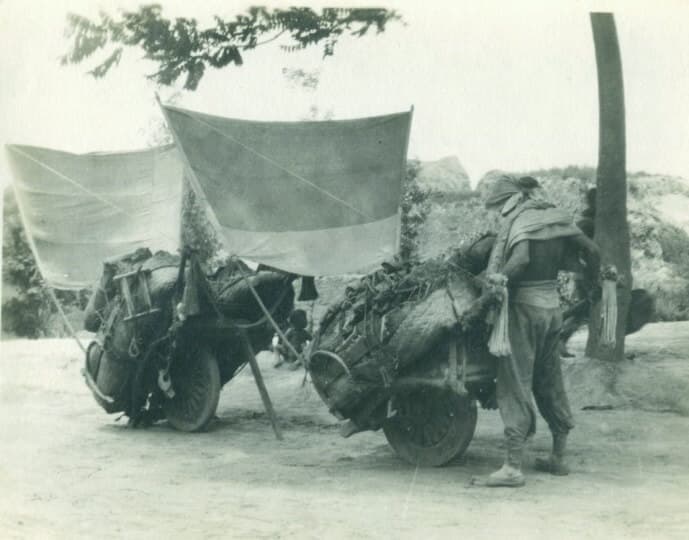
Sail-Powered Wheel Barrow
Source: https://www.lowtechmagazine.com/2011/12/the-chinese-wheelbarrow.html
We may all love a good wheel, but a horse-drawn wagon, with its perfectly crafted wheels can sometimes move too fast and on dangerous rocky terrain, could go out of control. Might humanity be moving too fast with our desire to control the world and buy the next technological fix? Might we be losing the spokes of our humanity?
Fast Forward to 2021
Now: virtual working, virtual schooling, social distancing and masks; virtual dating, virtual raves, and plastic hug suits; working from home now labelled as desirable and romantically re-branded as cocooning; orders to abstain from sex, and experts advising us that the best sexual partner is ourselves.
And what about touch? Social workers and phycologists warned in the Journal of Infant Behaviour and Development that touch is increasingly being reduced with potentially serious consequences due to the current pandemic scenario:
At the time of this writing, we are in the midst of the 2020 COVID-19 pandemic, which is restricting physical contact further. Hospitals are closed to visitors. Many women are giving birth alone or with only one support person who must leave immediately afterwards. Families, including those with babies, are isolating from others. Mothers exposed to the virus are often encouraged to separate from their infants. Social distancing is the norm, even within some families. These restrictions are promoted to keep people safe, but the physical, psychological, and emotional costs are potentially high.
– The importance of touch in development, (2010) Evan L Ardiel, Catharine H Rankin
Re-call the earlier article on social interaction – it can lead to a 50% reduction in mortality. Are scientists’ prediction models factoring in things like this? Four professors from Oxford, Stamford and Harvard university are doing a great job recording the collateral damage of lockdown measures on our mental, social and physical health, you can read more on their site https://collateralglobal.org. It is a worrying read.
Robots in South Korea measure temperatures and distribute hand sanitiser, articles merrily state that touching buttons might be a thing of the past, our relationship with eating out for social pleasure will change, and more and more we are using our technologies to push for more longevity, more longevity, more longevity.
Is that all that matters? Living longer? Or do we need to simply LIVE, as fully fledged human beings: saucy lovers, misfit dreamers, juicy dancers, weavers of tales, huggers, brave adventurers, united through joys and adversity, embodying the star dust that we were made from?
How Do We Then Choose To Live?
Over the next few weeks TWO will explore ways that you can act now to deepen your human experience and live closer to the truth, however you perceive that to be. This website will explore ancient and everyday survival skills, connect you with nature wisdom and healing, share magical and even mind bending practices, blast out revolutionary and blissful beats, laugh with you, help you to connect with people in radical and surprising ways and revel in a shindig of creativity of every form we can find.
But maybe the first step is a tiny one that doesn’t require much thinking or acting at all. Remember the Piraha tribe who live so simply and joyfully, completely in the moment and connected to nature and each other. Rather than worrying, analysing, and getting lost in data and contradictions, now might be the time to hone your instincts, pause and breathe, relish this day, and glimpse the star dust that dances in your soul, irresistible, inspiring, elevating and world transforming. That is where our power lies.
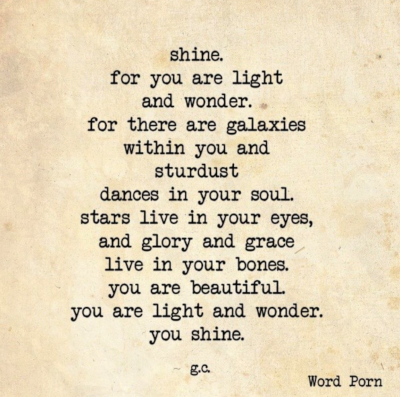
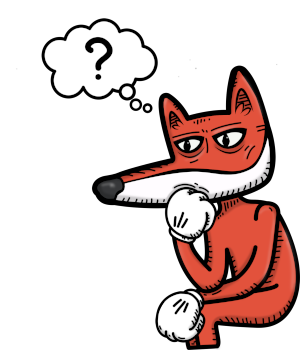
Reflect on how you can rekindle the stardust in your soul…..
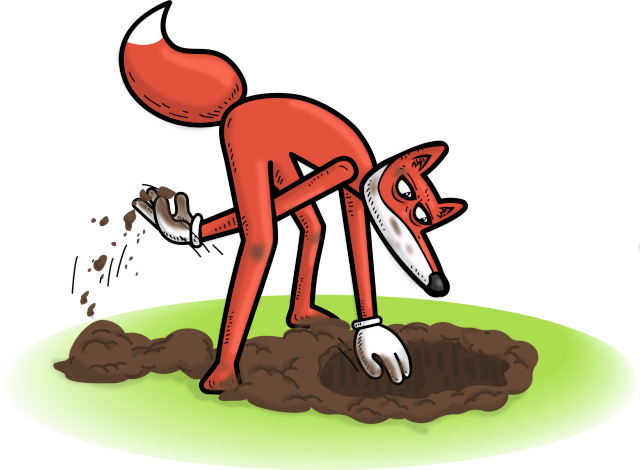
Dig Deeper and visit the library to read more articles about the health impacts of loneliness and our need for social interaction, hugs and music…..
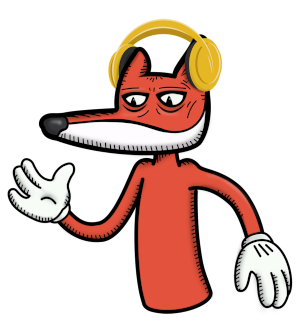
Listen: Click here to listen to Polish Ambassador Shine Bright.
